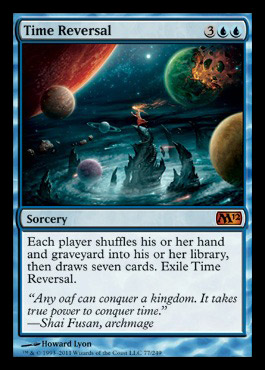

For example, prisoners of war know that the person doing the brainwashing and/or torture is an enemy and often they understand that remaining alive depends on changing their belief system. He says that in brainwashing the victim knows that the aggressor is an enemy. Steve Hassan makes an interesting distinction between mental control and brainwashing. There may or may not be physical force, but there definitely is psychological and social force and pressure. Nowadays manipulators are sufficiently skilled that it can occur in only a few hours. It takes time, although the length of time will depend on such factors as the methods used, the skill of the manipulator, the duration of exposure to the techniques and other social and personal factors. Insidious because it's intended to entrap and do harm.Īnd it is a process, in that it does not happen in an instant. In this way they make small changes over time, believing that they are making decisions for themselves, when, in fact, all the decisions are being made for them. Subtle, meaning that the individual is not aware of the extent of the influence being imposed upon them. There are some important points that need to be made very clear.įirst of all, it is a subtle and insidious process. The person being mind controlled is not aware of the influence process, nor of the changes occurring within themselves.
MIND CONTROL FREE
It is not some ancient mystery known to a select few, it is a combination of words and group pressures, packaged in such a way that it allows a manipulator to create dependency in his or her followers, making their decisions for them while allowing them to think that they are independent and free to decide.

The psychologist Philip Zimbardo says that mind control is a " process by which individual or collective freedom of choice and action is compromised by agents or agencies that modify or distort perception, motivation, affect, cognition and/or behavioral outcomes" and he suggests that everyone is susceptible to such manipulation. It can of course be used in beneficial ways, for example with addicts, but here we are talking about situations that are inherently bad or unethical. It's best to think of it as a system of influences that significantly disrupts an individual at their very core, at the level of their identity (their values, beliefs, preferences, decisions, behaviors, relationships etc.) creating a new pseudo-identity or pseudopersonality. This cultic relationship is a version of the larger groups, and may be even more destructive because all the time and attention is directed towards only one person. These groups use deception and mind control tactics to take advantage of the weaknesses, as well as the strengths, of the members, to satisfy the needs and desires of the cult leaders themselves.Ī one-on-one cult is an intimate relationship where one person abuses their power to manipulate and exploit the other, e.g., teacher/student, therapist/client, pastor/worshiper, wife/husband. It is at this end that we find destructive cults and sects. At the other end we have destructive influences which strip the person of their identity, independence and ability to think critically or logically. At one end we have ethical and respectful influences which respect the individual and his or her rights. It's much more useful to think of influence as a continuum. However, in saying this, important distinctions are lost. Some will argue that everything is manipulation.
MIND CONTROL HOW TO
Let's agree that mind control comes under the umbrella of persuasion and influence - how to change people's beliefs and behaviors. The fact that there are so many names indicates a lack of agreement which allows for confusion and distortion (especially by those using it covertly for their own benefit!!) Mind control is also known as manipulation, thought reform, brainwashing, mental control, coercive persuasion, coercive control, malignant use of group dynamics, and many others.


 0 kommentar(er)
0 kommentar(er)
